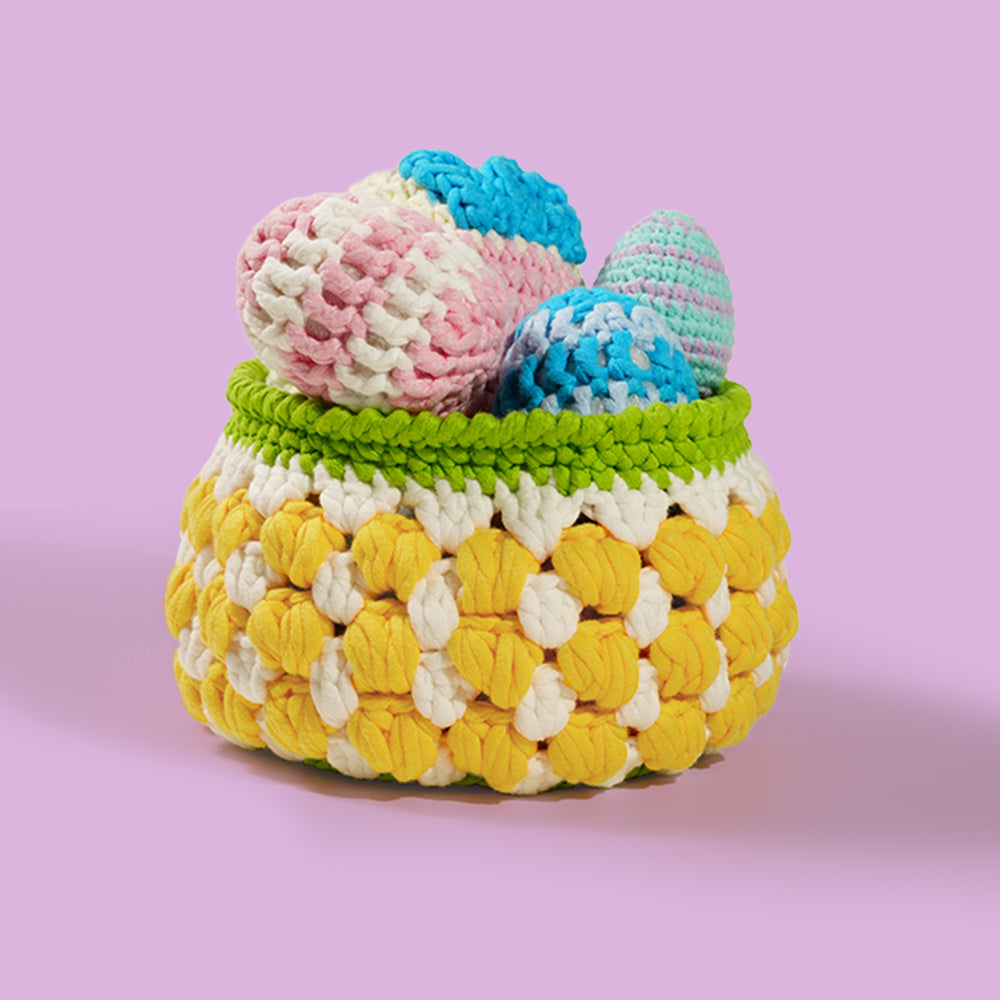Why the Right Crochet Hook Matters
Every crochet hook affects tension, speed, and hand comfort. A hook that’s too slick can make stitches slip off, while one with a poorly shaped head can slow you down or cause wrist pain . Ergonomic hooks can reduce fatigue during long sessions, and knowing which crochet hook size and material works for your yarn can mean the difference between a flawless finish and uneven stitches .
Top Crochet Hook Brands Compared
Clover Amour
Clover Amour hooks feature elastomer‑rubber handles in vibrant colors that correspond to sizes, making them easy to identify. Their soft grip allows yarn to glide effortlessly, reducing hand strain even during marathon knitting sessions . Many crocheters report relief from hand cramps and the ability to crochet pain‑free for hours after switching from aluminum hooks . On the downside, they can be pricier than basic sets, and the rubber handle may attract lint over time .
Boye
Boye aluminum hooks are the most affordable option, widely available in craft stores and online. However, while cost‑effective, they often score low in comfort—many users find the hook head too narrow for amigurumi and note hand fatigue after extended use. Beginners on a budget may start here, but most upgrade once they experience better glide and grip from more ergonomic designs.
Susan Bates
Twist‑Lock Interchangeable Hooks
Susan Bates’s Twist‑Lock set comes with spring‑loaded handles that securely hold multiple heads and even a built‑in yarn cutter—ideal for travel. The interchangeable design keeps tips protected and prevents snagging in your project bag. Some crocheters find attaching heads takes an extra second and can loosen if not twisted tightly.
Silvalume Aluminum Hooks
Silvalume hooks are lightweight and corrosion‑resistant, favored for their smooth, tapered heads that cleanly pull yarn into stitches. The slim aluminum shaft appeals to crocheters who prefer a “knife grip,” though those with arthritis may find them too slick and fast, leading to dropped stitches
Tulip Etimo
Tulip Etimo hooks have a matte, non‑slip coating and a perfectly tapered tip that balances sharpness and smoothness—excellent for both dense stitches and lacework . Speedy crocheters appreciate the minimal “adjustment phase” when switching sizes, and the consistent hook shape reduces yarn splitting. They come at a mid‑range price and can be harder to find outside specialty shops .
KnitPro Waves
KnitPro Waves hooks feature a unique wavy handle designed for a secure hold, especially with a knife grip . The anodized aluminum head is durable, and larger sizes feel balanced in hand. Some users mention the handle profile takes getting used to, and shorter shafts can be limiting for complex stitches .
Addi Swing & Comfort
Addi Swing hooks boast large, colorful plastic handles and a polished aluminum tip that effortlessly pulls yarn . Many crocheters love the ease of finding their hook when crafting on the go, though the shorter shaft can complicate advanced stitches like bullions . The premium build commands a higher price—around $13–$15 per hook—but often lasts for years without wear .
Dritz Prym
The Dritz Prym hook features a smooth, one‑piece aluminum shaft with no breaks, making long sessions more comfortable and reducing finger soreness . It’s a solid mid‑range option, though fewer users report standout ergonomic features compared to specialty brands .
DAIZ Streamline
DAIZ Streamline resin hooks combine a sleek ergonomic grip with a resin head that glides yarn smoothly . Crafters praise the beautiful handles and significant reduction in hand fatigue . As a newer brand, availability can be limited to online marketplaces .
How to Choose the Best Hook for You
Grip Style: Pencil vs. Knife vs. Thumb
-
Pencil Grip: Hooks like Tulip Etimo and Susan Bates Silvalume suit crocheters who hold the hook like a pencil, allowing for fine control.
-
Knife Grip: Wider handles (Addi Swing, KnitPro Waves) feel more secure when held in a knife grip, preventing slippage.
-
Thumb Grip: Ergonomic grips (Clover Amour, DAIZ Streamline) rest comfortably against the thumb and forefinger, reducing fatigue.
Yarn Compatibility
-
Aluminum Hooks (Boye, Susan Bates, Dritz Prym) work well with slippery yarns like acrylic or silk blends.
-
Rubber‑Gripped Hooks (Clover Amour, DAIZ) provide extra traction for slippery fibers but may snag loosely spun yarns.
-
Resin & Plastic Handles (Addi Swing) balance weight and grip for most worsted‑weight projects.
Project Type
-
Amigurumi: Look for hooks with tight, precise tips (Tulip Etimo, Susan Bates Silvalume) to pull small stitches cleanly.
-
Lace & Shawls: A smooth head and long shaft (Addi Swing, KnitPro Waves) help maintain even tension over many stitches.
-
Home Décor: Ergonomic comfort for large projects (Clover Amour, DAIZ Streamline) reduces hand strain over lengthy sessions.
Care and Maintenance of Crochet Hooks
-
Clean Regularly: Wipe handles and shafts with a soft cloth to remove oils and lint—especially rubber handles that attract fuzz .
-
Inspect Tips: Check metal heads for burrs or rough spots; a small drop of machine oil can smooth worn aluminum but always wipe off before crocheting.
-
Store Properly: Keep hooks in a padded case or roll to prevent bending heads—interchangeable sets should be secured to avoid lost parts .
